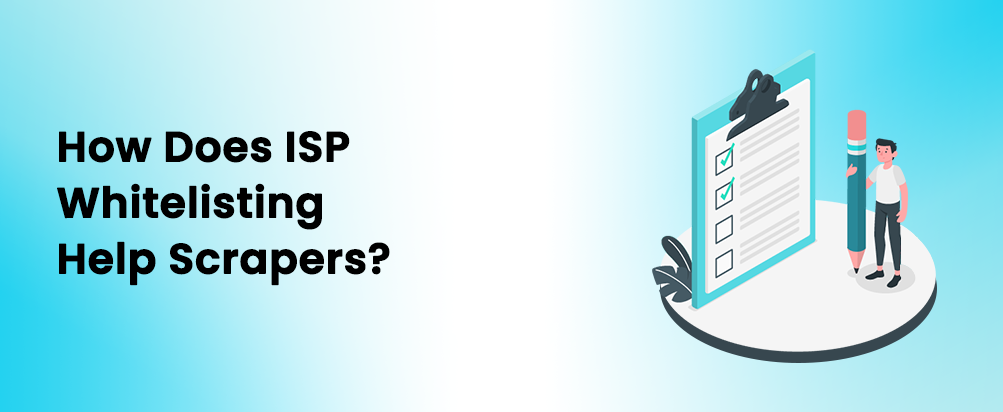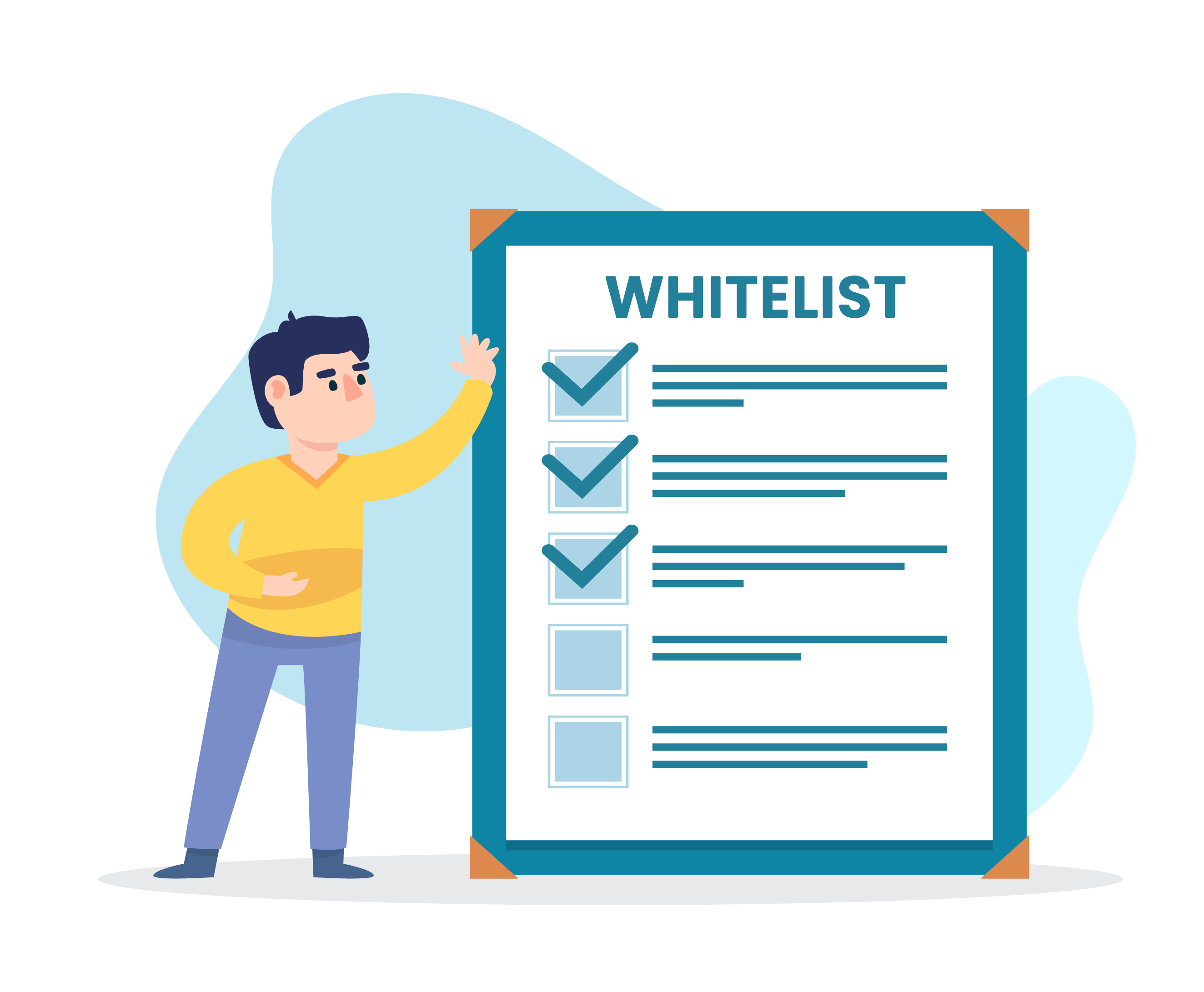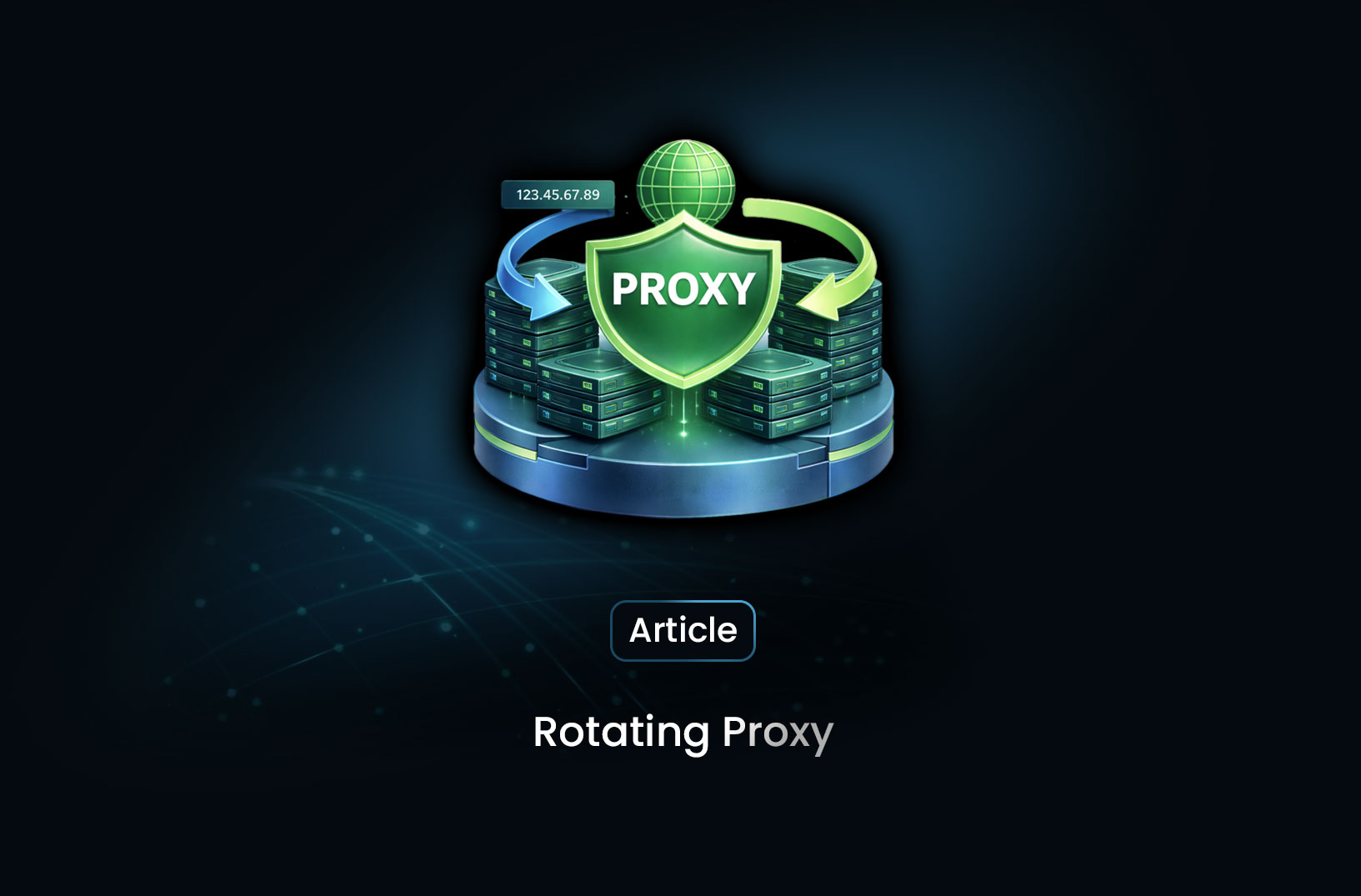
How Does ISP Whitelisting Help Scrapers?
ArticleISP whitelist is a list of approved IP addresses or ranges that are allowed access to a network or server. When an IP address is on this whitelist, it means the ISP or network administrator has permitted it to bypass certain restrictions or security measures.

In the world of web scraping, one often overlooked but vital concept is the "ISP whitelist." This term can be the difference between seamless data extraction and constant roadblocks. At MrScraper, we understand the challenges faced by web scrapers, which is why we provide tools and knowledge to help you navigate them. In this blog, we'll explore what an ISP whitelist is, why it's important, and how it relates to web scraping.
Table of contents
- What is an ISP Whitelist?
- Why Would You Whitelist an IP Address?
- What Does it Mean to Whitelist Your IP?
- The Role of ISP Whitelists in Web Scraping
- ISP Blocking and How to Overcome It
- The Importance of IP Whitelisting in Web Scraping
- Conclusion
What is an ISP Whitelist?

An ISP whitelist is a list of approved IP addresses or ranges that are allowed access to a network or server. When an IP address is on this whitelist, it means the ISP or network administrator has permitted it to bypass certain restrictions or security measures.
Why Would You Whitelist an IP Address?
Whitelisting an IP address is often necessary for uninterrupted access to certain online resources. For web scraping, this is particularly important as it ensures your IPs are not blocked by the target servers or your ISP. This can be crucial for maintaining the efficiency and effectiveness of your scraping operations.
What Does it Mean to Whitelist Your IP?
When you whitelist your IP, you are essentially telling the server or network that this IP is trusted and should not be restricted. This can prevent your scraping activities from being flagged as suspicious, allowing smoother data extraction processes.
The Role of ISP Whitelists in Web Scraping
For web scrapers, ISP whitelisting can be a game-changer. Many websites implement IP blocking to prevent scraping, but with a whitelisted IP, you can bypass these restrictions.
ISP Blocking and How to Overcome It
ISP blocking occurs when your ISP restricts access to certain websites, often due to their own policies or government regulations. For web scrapers, this can be a significant hurdle. However, with the right tools and techniques, such as IP rotation and using proxies, these blocks can be effectively circumvented.
The Importance of IP Whitelisting in Web Scraping
In our previous blog, " Proxy SwitchyOmega: Manage and Switch Between Proxies Quickly" we discussed the technical aspects of managing proxies. Similarly, understanding and implementing IP whitelisting is another critical strategy in the web scraping toolkit. By ensuring your IPs are whitelisted, you can significantly reduce the risk of being blocked and maintain high scraping success rates.
Conclusion
ISP whitelisting is an essential practice for anyone involved in web scraping. By taking the time to understand and implement this strategy, you can avoid many of the common pitfalls associated with scraping, such as IP blocking and restricted access. Mrscraper is dedicated to helping you master these techniques, so be sure to explore our tools and resources at MrScraper.com to enhance your scraping efforts.
Find more insights here

6 Best Rotating Proxy Providers for Scraping
Discover the 6 best rotating proxy providers for scraping in 2026, with pricing, pool quality, and s...
.jpg)
How to Handle Timeouts in Python Requests
Learn how to handle timeouts in Python requests properly, including connect vs read timeouts, retrie...
.jpg)
What Is a Search Engine Rankings API and How It Powers Modern SEO
Learn what a Search Engine Rankings API is, how it works, key features, real use cases, and how it p...
